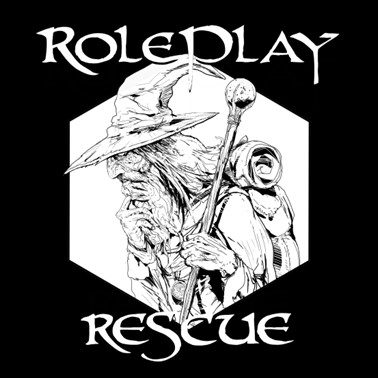Back in 1989, no one would buy me HeroQuest. This was the year I left home and went to University, so I couldn’t afford it. In all those years, I hadn’t been able to play it. Until Thursday.
The largest birthday gift I received was from my folks and it was HeroQuest. Thankfully, as we were off work for the day and at home, my wife agreed to play it. Rather surprisingly, she took on the role of Evil Zargon – the GM.

We had a blast! Playing the first two scenarios was enough to win over both of us to the rather clever design of the game. It is enjoyable and just challenging enough to engage us both.
What struck me was the way in which HeroQuest, as a boardgame, sneaks up into the territory of the dungeon-based roleplaying game and shows you how such games procedurally work.

The original genius of Dungeons & Dragons, back in 1974, had in large part to do with the removal of the game board which HeroQuest makes explicit. But this game initiates the players into the spirit of the D&D dungeon delve.
On reflection, given the rise of virtual tabletop dungeon gaming which places the dungeon map right in front of the player’s eyes, perhaps this original boardgame element has returned to D&D.

HeroQuest invites you to move your playing piece along the squares of the board and ask the GM to describe what you see. Additional details are added to the board as you explore the secrets in the Quest Book.
This seems functionally equivalent to the use of the digital map on a VTT, revealing the dungeon’s basic structure and even many room details as the adventurers move along the squared grid.
That’s how I found myself playing D&D5e online back in 2016. It’s curious that many modern roleplayers also play in this style. It is, after all, a short step from the convenience of a battle map to visually representing the whole dungeon.
My realisation has been to appreciate that for all my talk of wanting deep imagination-based Otherworld-immersion which definitely removes the game board (and even the game rules) from the player’s view, I also enjoy HeroQuest.

Are they really different species of adventure? I feel HeroQuest and the fantasy roleplaying game are closer than we might admit. The former is mostly about the challenge of combat and exploration while the latter adds… what?
Roleplaying is surely to take upon ourselves the individual role of the character, deciding moves based not on board game strategy but from the perspective of that imagined character.
Is roleplaying also more involved in the imagination of the Otherworld? To picture oneself as being in that dungeon corridor and to evoke the sensations of the place?
This latter is my particular bias but it’s not the only such preference one might hold. In playing HeroQuest I find myself just as at home moving around the board and battling monsters.

HeroQuest is simply a different experience. I suspect I will get more game sessions of this now-classic adventure game than I ever will of my desired deeply Otherworld-immersed RPG.
This seems to me a good thing. HeroQuest reminds me that removing the board and rolling 1d20 gives you, basically, D&D. The rest is added detail which offers more variety of experience.
It’s only when we seek to invoke more of a sense of reality in our collective imagination that, perhaps, more detail adds to the experience. And this is a very big perhaps because too much detail breaks the illusion too.
Much to ponder from the perspective of roleplaying while, in the meantime, we can simply enjoy a good sequence of HeroQuests without all the fuss of getting into character.
Game on!

I bought a copy of the original 1989 version of Heroquest a year or so ago as a gateway for my kids. They love it (particularly my 8 year old son who utterly delights in being the evil wizard), and we’ve spent many an hour having great fun with it. Fabulous game!
LikeLiked by 1 person